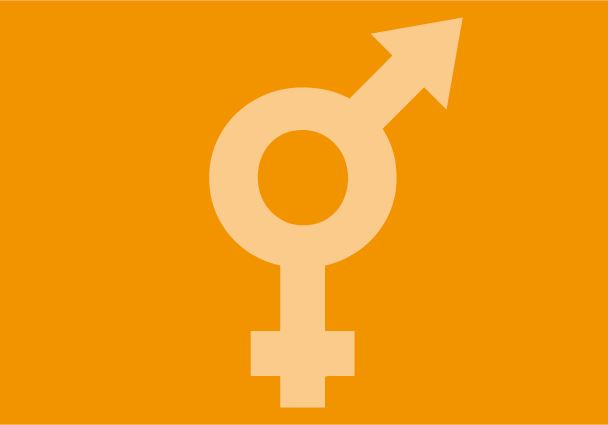
Jul 22, 2009 | News
The ICJ releases the electronic version of Practitioners’ Guide No. 4: Sexual Orientation, Gender Identity and International Human Rights Law.
Around the world, people of diverse sexual orientations and gender identities are singled out for abuse. In states with laws that criminalize same-sex sexual conduct, LGBT people are arrested, detained, tortured, and, in some cases, executed.
Even in states with no official penal sanctions, LGBT people are the target of violent hate crimes, harassment, and ostracism. They live in fear of losing their jobs, their housing, and their families, all because of how they live and whom they love.
For the past five years, ICJ has worked on promoting the applicability of human rights law to violations based on sexual orientation and gender identity. Together with the International Service for Human Rights, ICJ facilitated the development of the Yogyakarta Principles.
This document, drafted by a distinguished group of human rights experts, articulates the human rights principles that apply to sexual orientation and gender identity, and identifies the legal sources of States’ obligations to protect, promote and fulfil rights.
Drawing on the Yogyakarta Principles, the ICJ wrote the Practitioners’ Guide to provide judges, lawyers, and activists a detailed understanding of the legal foundations for the protection of people victimized on the basis of their sexual orientation or gender identity.
The Practitioners’ Guide offers a comprehensive review of the principles of non-discrimination, equality, and privacy. It then analyzes the scope and nature of the legal prohibition against some of the most severe violations – torture, deprivation of liberty, extrajudicial and arbitrary executions, and denial of the rights to freedom of expression, association, and assembly.
Through the Practitioners’ Guide, the ICJ hopes to increase awareness of human rights principles that protect people of all sexual orientations and gender identities, as well as to encourage legal advocacy.
For the text of this Practitioners guide, see Sexual orientation, gender identity and international human rights law – Practitioners’ guide, no. 4
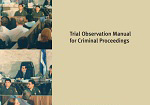
Jul 22, 2009
La presente Guía para Profesionales presenta de forma sistematizada las normas y estándares internacionales que rigen la cuestión del juicio justo y del debido proceso legal en materia penal.
La celebración de juicios justos es fundamental, no solo desde la perspectiva del procesado como de la víctima del delito, para proteger los derechos de ambas partes, sino también para una recta administración de justicia, elemento esencial del estado de derecho.
El juicio justo se erige entonces como un muro protector ante la arbitrariedad y la “justicia sumaria”.
En ese contexto, la observación de procesos penales es una actividad de primer orden en la defensa de los derechos humanos y la primacía del estado de derecho.
El derecho a observar un proceso releva antes que nada del derecho general de promover y procurar la protección y realización de los derechos humanos y las libertades fundamentales.
Las fuentes principales de la Guía son las normas y estándares internacionales y la jurisprudencia de los órganos de internacionales y regionales de protección de derechos humanos.
La Guía trae a consideración varios criterios y aspectos operativos que han de tenerse en cuenta al realizar una observación de un proceso penal, tanto desde la selección del proceso a observar, la preparación y realización de la observación hasta la elaboración del informe de misión.
Universal-trial observation manual-Human-Rights-Rule-of-Law-series-2009-spa (texto completo en español, PDF)
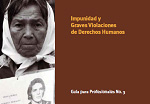
Jul 22, 2009
La presente Guía para Profesionales sistematiza los principios jurídicos internacionales que rigen la cuestión de la impunidad de las graves violaciones de derechos humanos.
La Guía aborda los conceptos de impunidad y de violación grave de derechos humanos así como las obligaciones internacionales de los Estados de luchar y erradicar la impunidad.
La Guía integra la jurisprudencia de los órganos de internacionales y regionales de protección de derechos humanos así como la práctica de las Naciones Unidas.
La Guía está dirigida a jueces, fiscales, abogados y defensores de derechos humanos.
Con esta Guía, la CIJ quiere contribuir a fortalecer los esfuerzos de la justicia en la lucha contra la impunidad.
Impunidad y Graves Violaciones de Derechos Humanos (Impunity and Gross Violations of Human Rights-No.3)-Practioners’ Guides series-2009-Spa (texto completo en español, PDF)
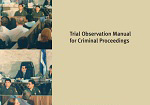
Jul 22, 2009
A fair trial is essential, not only for protecting the human rights of the accused and those of victims but also to ensure proper administration of justice, which is a key component of the rule of law.
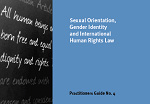
Jul 22, 2009
People of diverse sexual orientations and gender identities are often singled out for abuse. When laws criminalize same-sex sexual conduct, LGBT people are arrested, detained, tortured, and, in some cases, executed.









